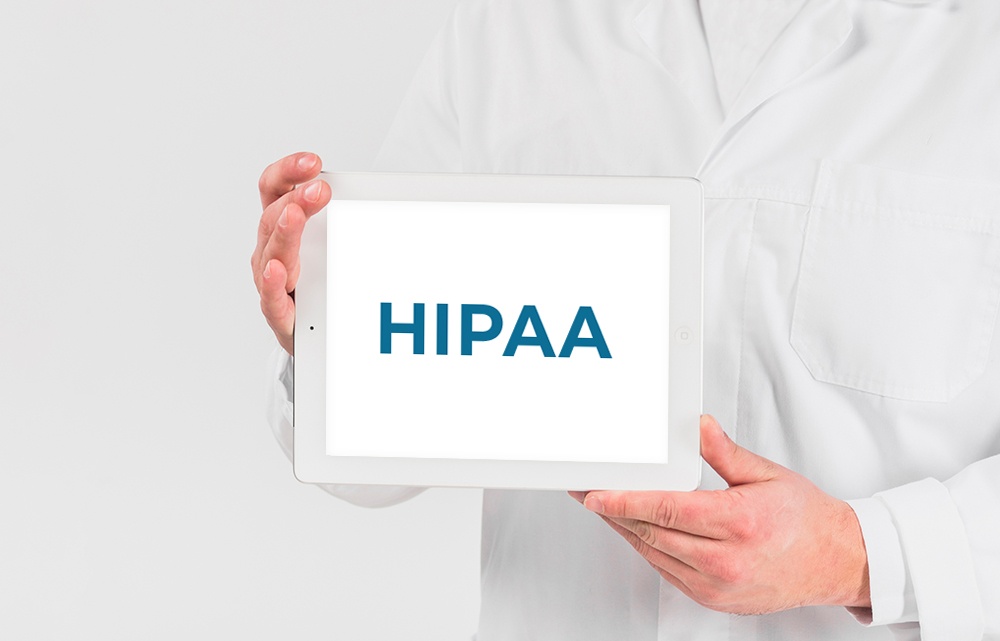HIPAA compliance is an absolute requirement for any healthcare facility. This law gives individuals with greater privacy and security while giving patients more control. Technology is evolving rapidly and is constantly changing, it is vital to ensure that any system you choose to use adheres to HIPAA rules.

HIPAA compliance can be a challenging procedure for businesses that are still trying understand the law and the implications. HIPAA compliance is required for both health care providers and people working in the insurance sector. To make sure compliance is met, it’s crucial to go through the rules and make sure that all procedures are implemented. It’s difficult to keep up with the law but it’s crucial. It will provide improved data privacy protection and customer service, as and avoiding possible penalties. If you know the scope of HIPAA covers and taking the required steps, companies can be sure that they are taking all the appropriate measures required by the regulations.
Although HIPAA’s rules might seem strict, the emphasis on security and privacy is intended to protect information. Higher protections are required to protect against improper disclosure or misuse of personal information of patients since the healthcare industry has more and more shifted to digital media like Electronic Medical Records. Even though guidelines have been put in place to protect individuals yet they must be followed and enforced. HIPAA is vigilant about this to ensure privacy and safety.
HIPAA is a valuable safeguard for those in the medical field as well as patients whose information is stored. The covered entities (CEs) and business associates can decide whether an addressable implementation standard is required. The decision may be made based on several aspects, including an assessment of risks, a mitigation strategies and current security measures. It is also based on the price of implementation. CEs and BAS could look at alternative options or decide not to implement the measures entirely if this is possible depending on their specific circumstances. HIPAA will help them make an informed decision about the protection of data and safeguarding. This includes establishing an equilibrium between technical and control by the user over sensitive information.
Companies can reap the benefits from HIPAA compliance. Conforming to regulations under the Health Insurance Portability and Accountability Act, (HIPAA), can help organizations protect their clients’, patients and their health information. It will guarantee that it is secure and kept in a secure location. Compliance is also a way to ensure that people’ health information is used solely for their own benefit and the benefit of their health care providers. HIPAA compliance gives individuals the liberty to make informed decisions regarding how their private health data is used and managed. This ensures that no other entity can use or modify their information without their permission. Furthermore, HIPAA compliance mitigates reputational risk for businesses by helping them avoid legal or financial ramifications resulting from improper handling of patient information due to lack of security measures. HIPAA standards provide positive patient experiences and better protection for the medical records that are confidential.
These are just a few of the many considerations that you need to take into consideration when implementing HIPAA. One of the best ways to ensure that you are compliant is to have a clear understanding of the law and talk to an expert who will help you interpret it and put the proper systems and procedures in place. Although it can seem difficult to enforce compliance, it is crucial for protecting the rights of your patient as well keeping the confidentiality of your patients.
For more information, click hippa compliance requirements